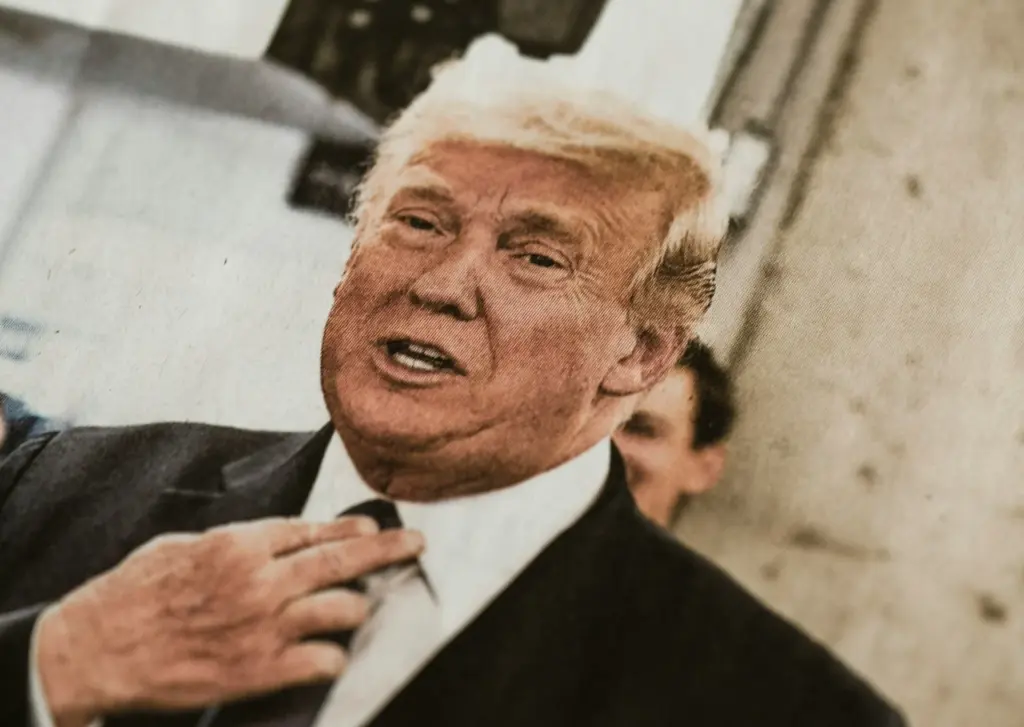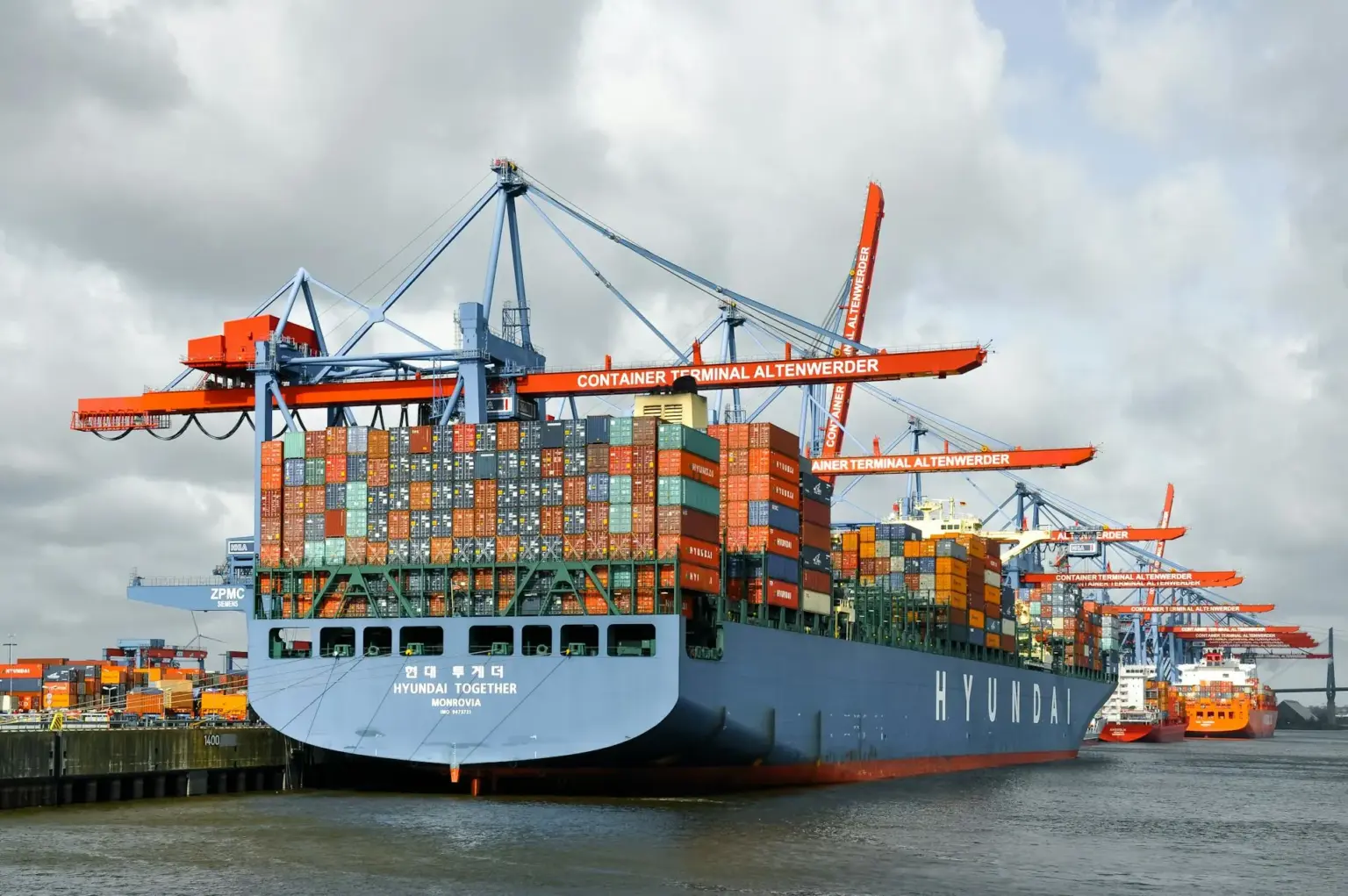With the August 1 deadline fast approaching, President Trump is pressing ahead with broad trump tariffs on several major trading partners—unless they agree to updated deals. So far, the markets haven’t reacted much. But economists warn this quiet period could be the calm before an economic storm.
The planned tariffs will hit key allies like South Korea and Japan with duties between 25% and 40%. China is already facing a 30% hike if talks don’t lead to an agreement by the deadline. According to U.S. officials, the focus is on reaching strong, high-quality trade deals, not just rushing to close things in time.
Even with the threat of new tariffs looming, the markets have held steady. Many investors seem to believe a last-minute deal could happen—or that the final version of the tariffs might be less aggressive. So far, trump tariffs news hasn’t shaken investor confidence in any major way.
Still, there are early signs that the pressure is building. Inflation in the U.S. rose by 2.7% in June compared to the same time last year, and some of that increase is being linked to earlier trade measures under the Trump administration. Experts say we may only be starting to see the effects of the new tariffs take shape.
Growing Uncertainty Around Trump Tariffs

Many economists say the bigger worry isn’t just the tariffs themselves—it’s the uncertainty they bring. Joseph Foudy, a professor at NYU Stern, says businesses might pause hiring or investment decisions until there’s more clarity. Others warn that as expenses go up, shoppers could soon feel it through rising prices on common items like clothing and appliances.
Treasury Secretary Bessent says the U.S. is still open to talks, particularly when it comes to trump China tariffs, and stressed that the goal is quality over speed. Meanwhile, Commerce Secretary Lutnick says August 1 is the firm deadline, and tariffs will apply regardless of the talks.
Critics argue the administration has sent mixed signals. The original deadline—known as Liberation Day—had already been pushed back from July 9 to August 1. That delay has raised doubts, and some analysts now joke that trump tariffs sound more threatening than they actually turn out to be.
For now, many businesses are staying cautious. Whether things stay stable or take a turn depends on what happens after the deadline. If the full trump china tariffs kick in, supply chains could face disruption, and consumers might be stuck with higher prices. Until then, everyone is watching for the latest trump tariffs news.
Economists say this period might just be the eye of the storm. If the trump tariffs go into full effect, the real test for the economy will come after August 1.








